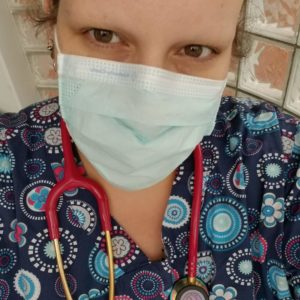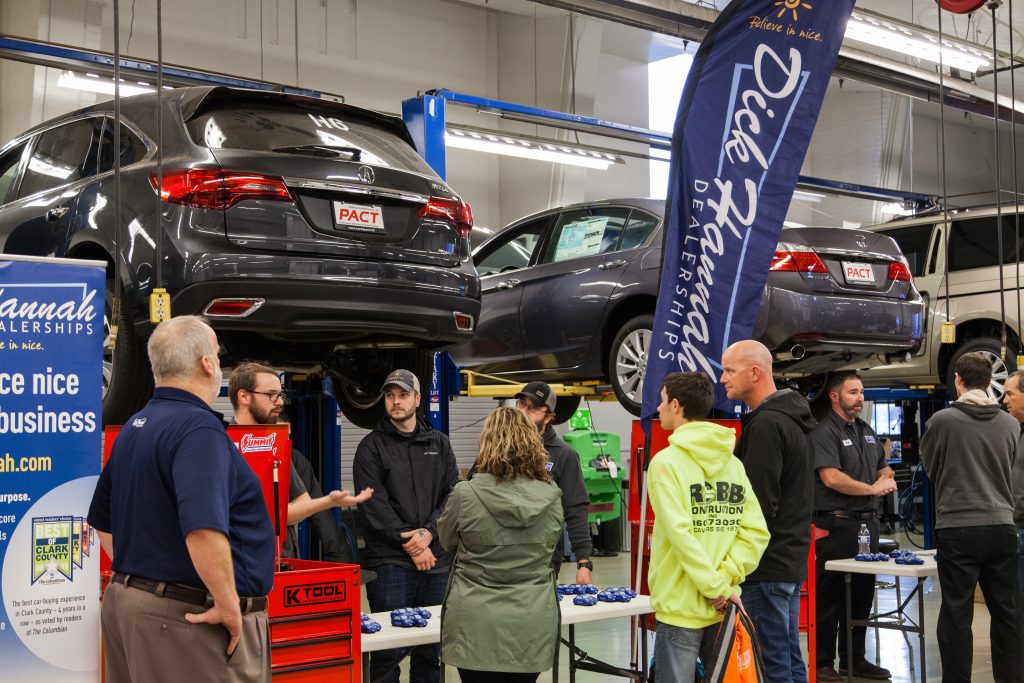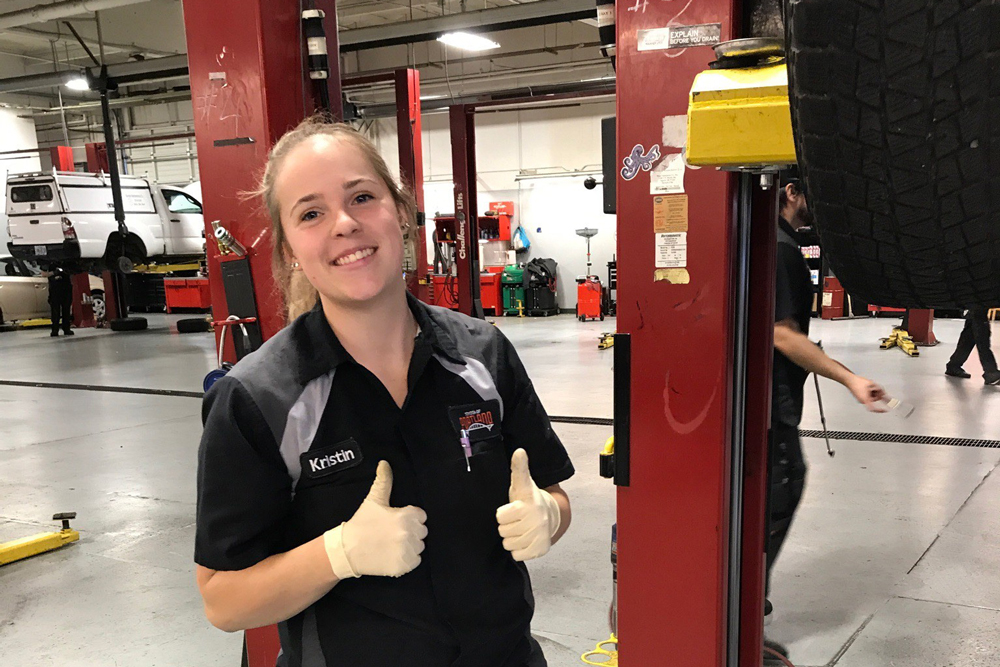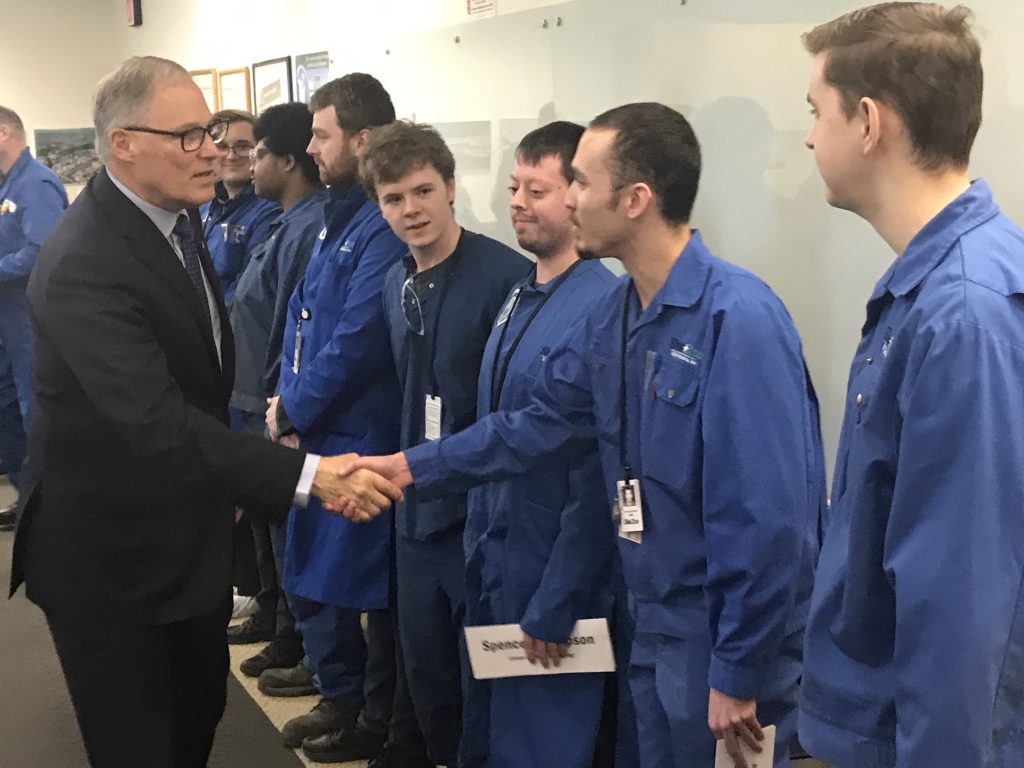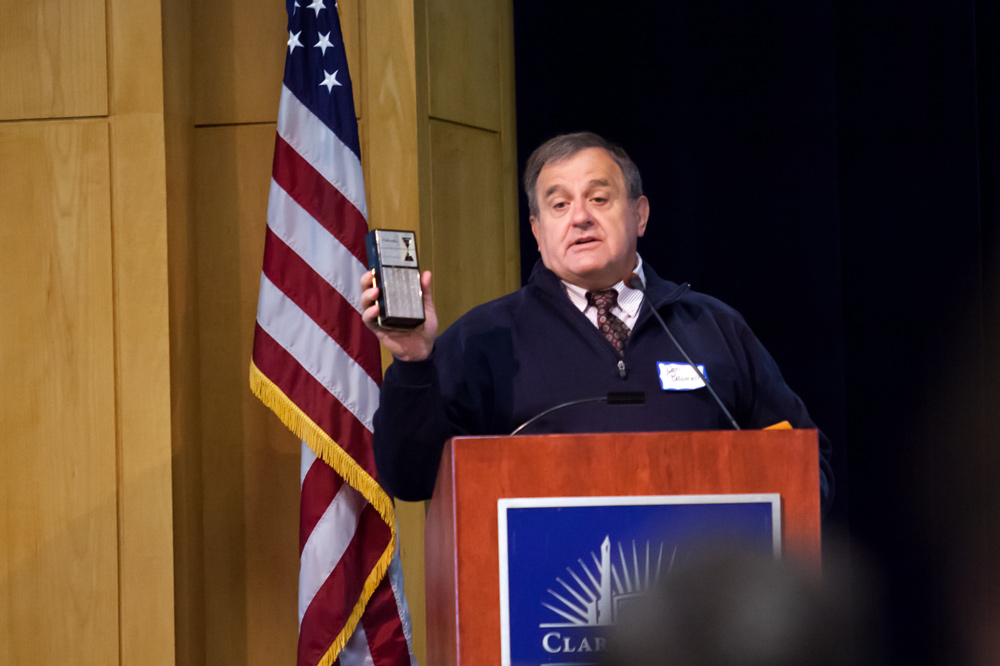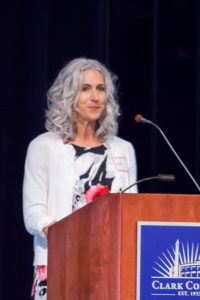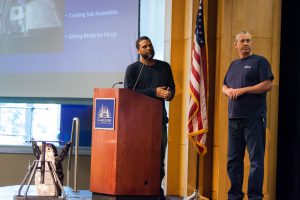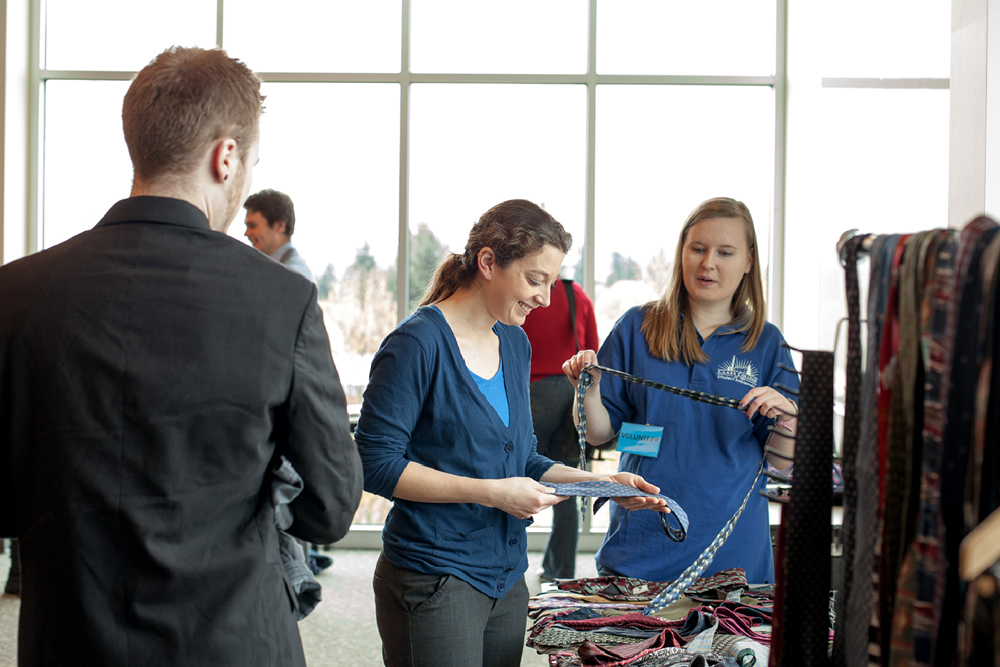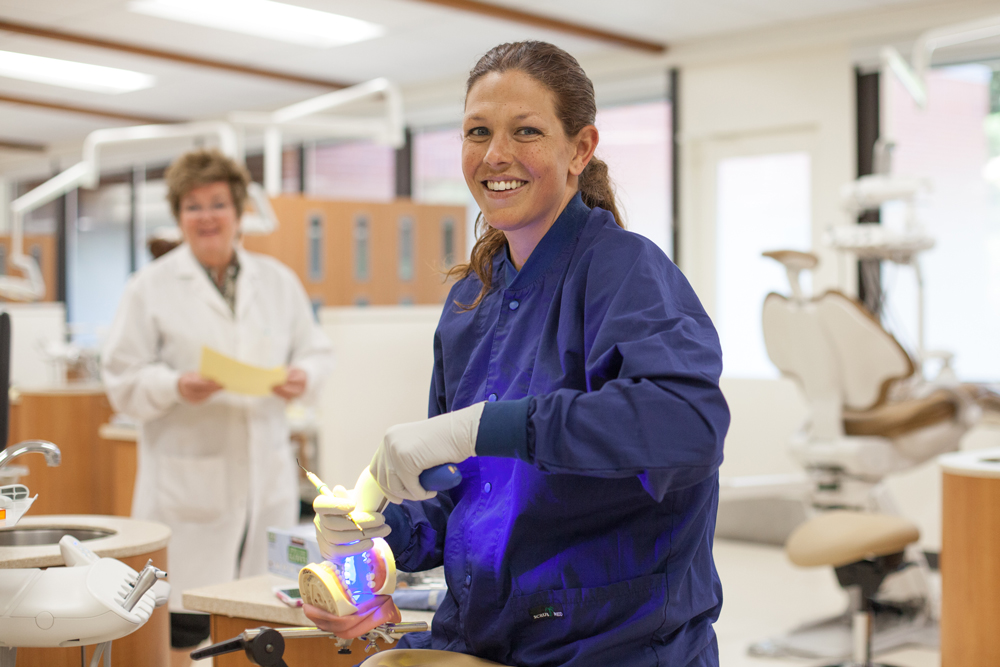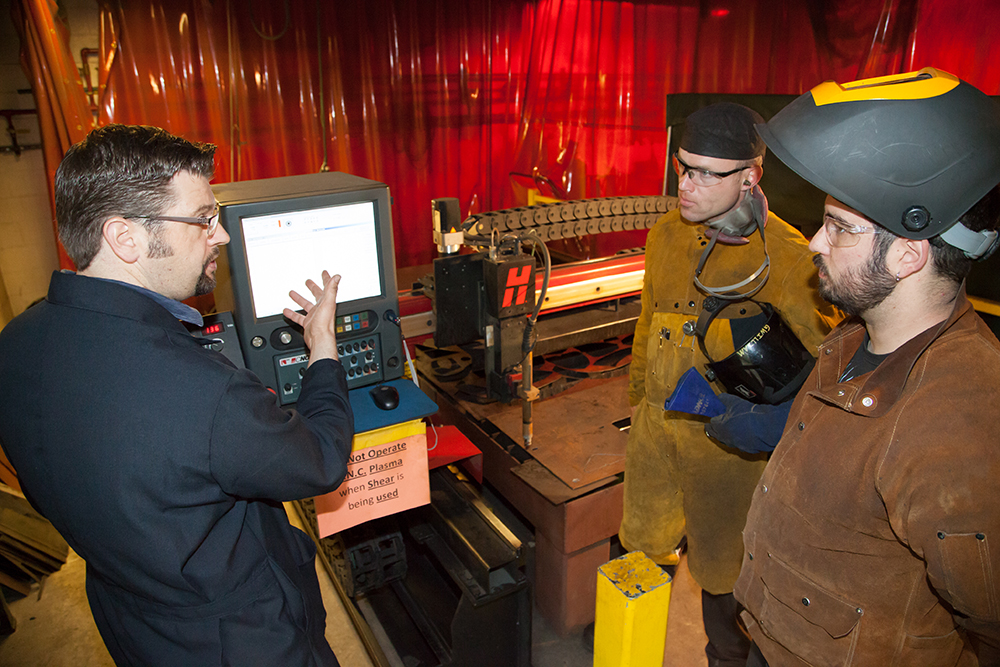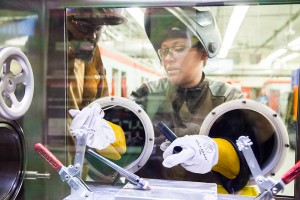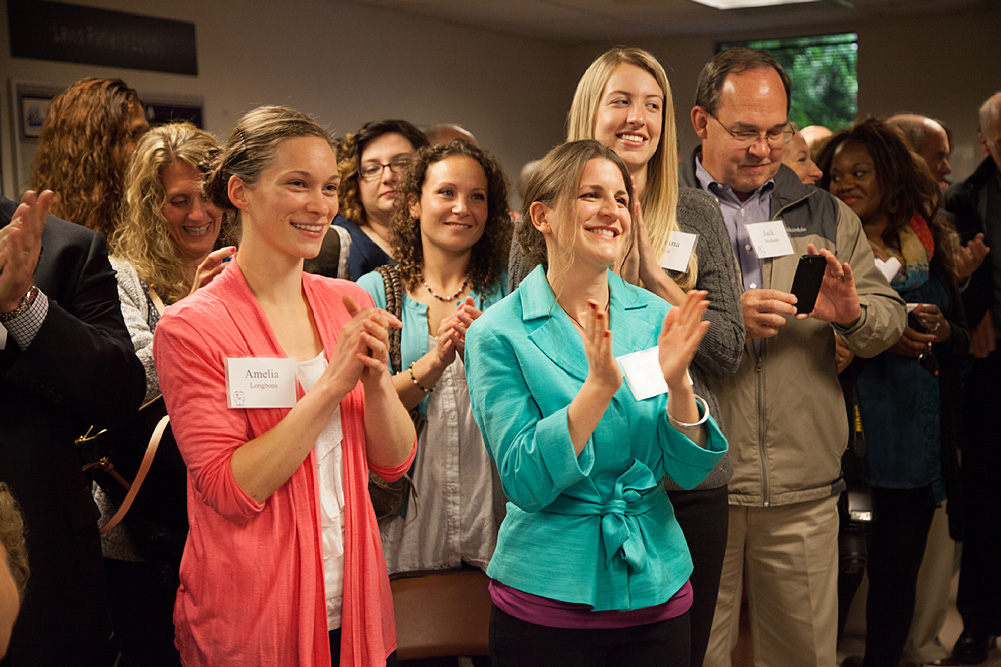New faces joining health care workforce
Twenty-three Clark College students who earned their degree in Medical Assistant celebrated their achievement with family and friends during a virtual Pinning ceremony on January 20.
For student Candi Clark, the Pinning ceremony was the culmination of longtime family support and inspiration. As a teen, Clark attended the Pinning ceremony for her mother, Rhonda Hansen-Boyle, who earned her nursing degree at Clark College and now works at the Veterans Administration Medical Center.
During the virtual ceremony, Clark was surrounded by her supportive family—her mother, father and sister—to celebrate her graduation. She says her family’s support was instrumental to her success as she navigated life’s obstacles—including a global pandemic—to earn her degree.
“I’ve always had a calling to help people,” she said. “Once I told my mother I wanted to go into the medical field, my mom was 100 percent behind me.”
Medical assistants are in demand. Many will join the healthcare workforce in the coming weeks. The Vancouver Clinic hired 19 of the 23 students.
In addition to her supportive family, Clark is thankful for the help and guidance she received from WorkSource, which has partnered with Clark College to help students succeed.
WorkSource uses federal funding through the Workforce Innovation and Opportunity Act (WIOA) and provides critical support and services to workers who want to develop the necessary skills for a good job in high-demand fields such as health care services. Available services include tuition assistance, book allowances, uniforms, supplies, and career counseling.
The program is open to a wide variety of adults including those who have been laid off, displaced, or who are under-employed. Low-income adults and veterans also are eligible.
“Our goal is to get people back to work in high-demand occupations that provide stable and meaningful employment to benefit their families and the community,” said Karin LaValla, WorkSource Health Care Liaison. “By partnering with Clark College, we can integrate our services, working together to provide those wrap-around supports to help students succeed.”
LaValla and her team work directly with Dr. Sarah Kuzera, Director of the Medical Assisting Program at Clark College. They attend the orientation for new students and explain their program. In this year’s class, nearly half of the students were eligible for WorkSource services.
“They receive help with tuition, books, transportation, childcare, financial and job coaching,” said Kuzera. “This has been a stressful year for our students. We’re grateful to have WorkSource at our side as active partners helping our students succeed.”
“WorkSource has been so helpful—a combination coach and fairy godmother,” said Candi Clark. “When I needed help with tuition, supplies—even scrubs—they were there for me. It’s made all the difference in being able to complete my studies.”
WorkSource also helps students find externships and employment. The federal program provides employers up to 50 percent wage reimbursement for a student’s first 30 to 60 days on the job. Candi Clark has already interned at Vancouver Clinic doing patient care and is eager to complete her testing and get to work.
Certified Medical Assistants are in high demand right now, in part because of the pandemic. Medical assistants work directly with physicians and patients in both the clinical and administrative settings. They maintain the daily workflow of a medical office.
“Our graduates are in high demand,” said Kuzera. “Our program is growing.”
The next class, called a cohort, begins spring term; the first day of classes is April 5. Interested students can learn more on the college’s Medical Assisting page.
During the Pinning ceremony—a tradition in many health care programs—the graduates celebrated one another via Zoom. “It’s harder to do basic things, like draw blood, during a pandemic,” said Candi Clark. “But we figured it out and we can be proud of ourselves that we didn’t give up.”
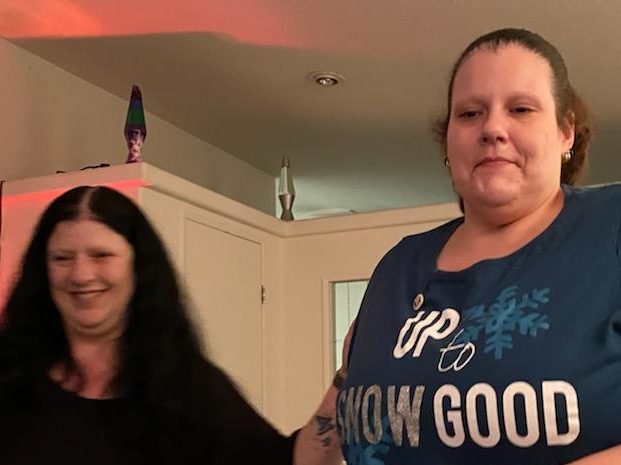
Clark’s story came full circle during the Pinning ceremony, when her mother attached the pin to her daughter’s shirt. In the family photo taken immediately after the pinning, Clark proudly wears her pin. Her smiling mother is reaching out to touch her daughter’s shoulder.
“This is so exciting for me and my family,” Clark said. “It’s been a long road to get here. I can’t wait to get to work. Healthcare is kind of the family business. We gravitate to the helping professions. It’s where we can make a difference.”
For students interested in learning more about WorkSource Washington and its educational training opportunities for job-seekers can visit WorkSource’s website.
